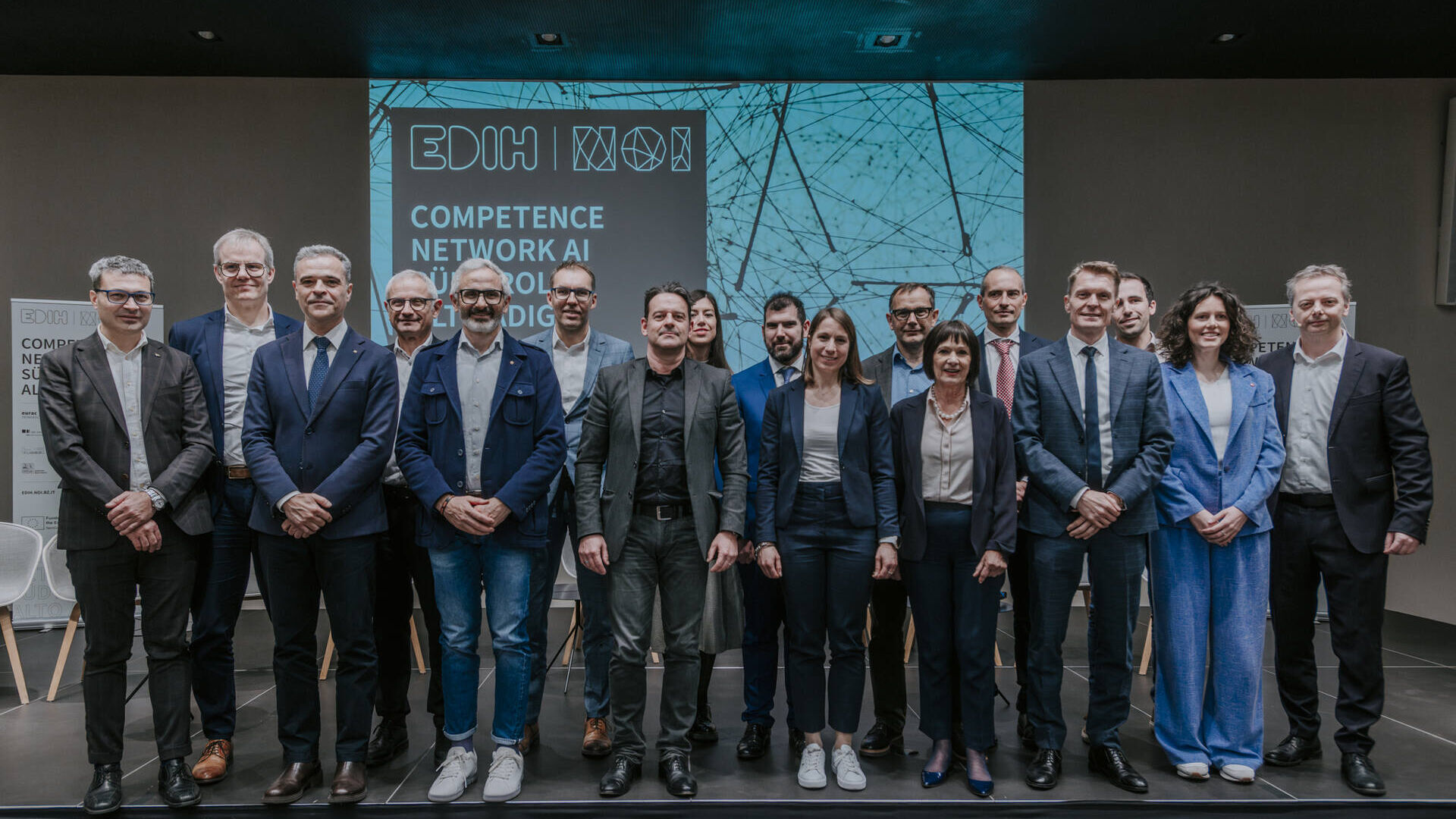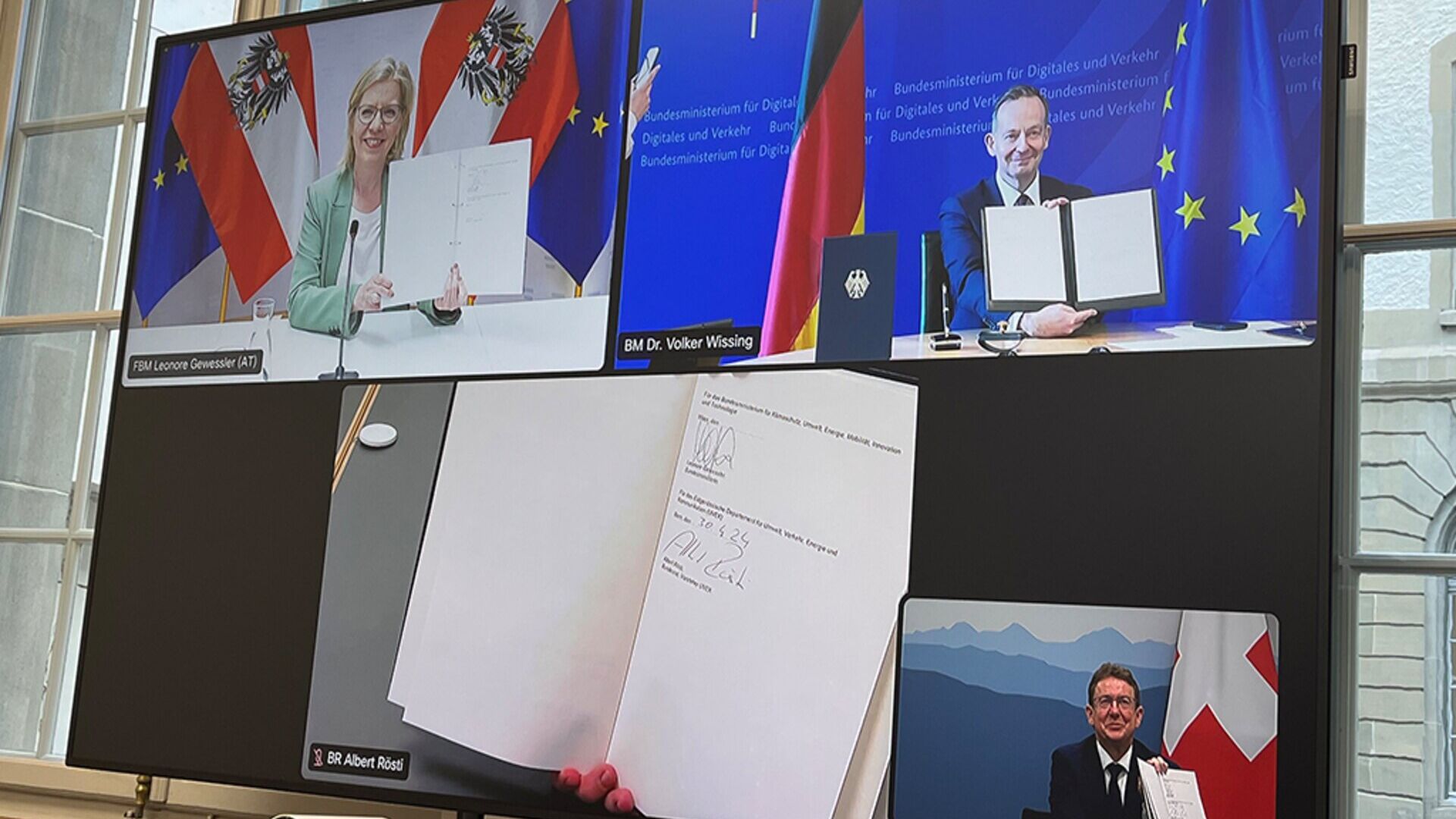Blue Hole: the drama of wild fishing in the contested sea
Illegal fishing in the Agujero Azul, the disputed Atlantic waters north of the Falklands: disastrous effects for biodiversity around the world
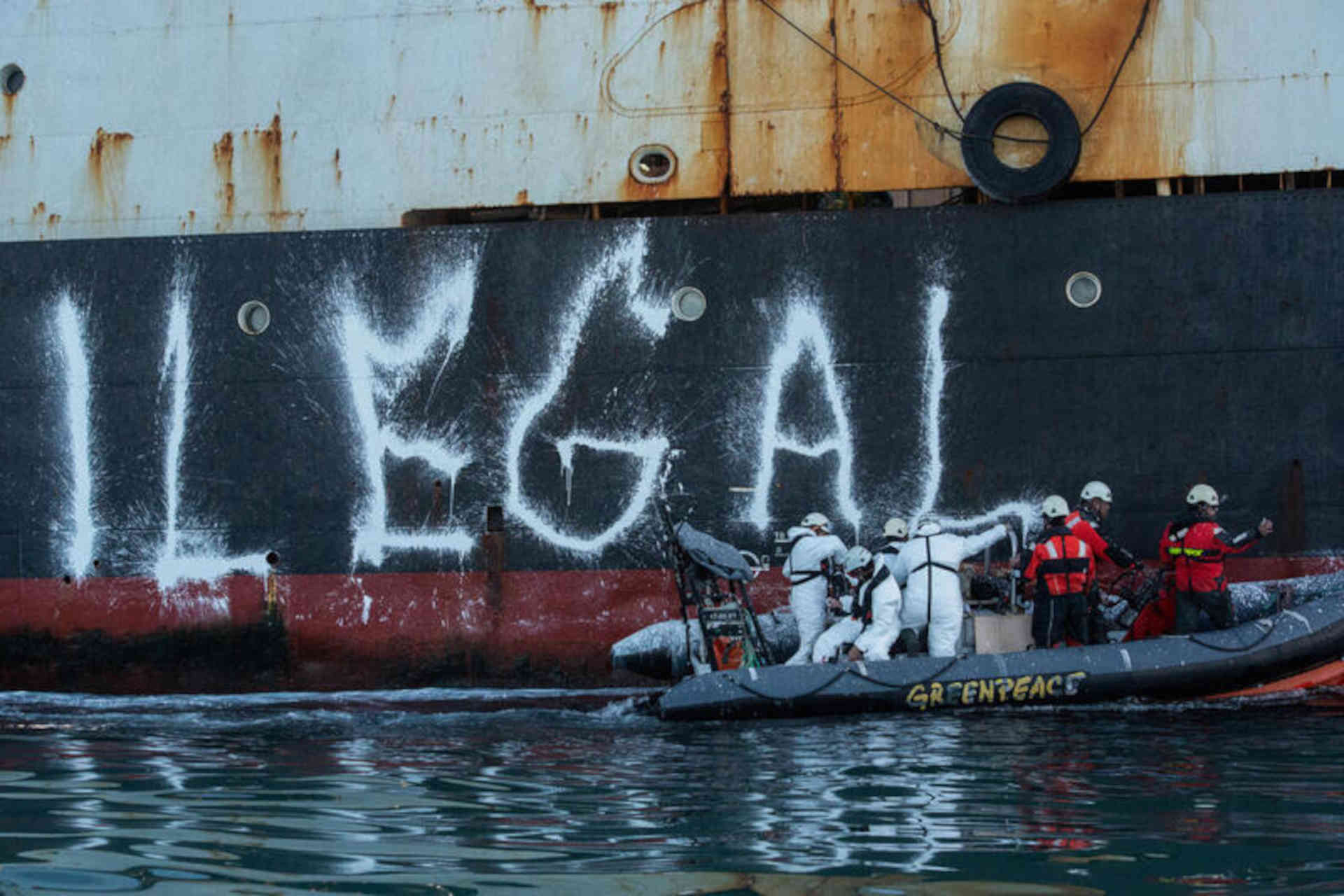
Il Blue Hole is a stretch of the South Atlantic Ocean, located north of the Falkland Islands: it is a crucial habitat for biodiversity around the world, which is part of the migratory route of many fish and molluscs and is among the areas where whales, sea lions, seals and seabirds usually find their source of nourishment.
Un paradise for biodiversity, but also a historically contested area and one of the few in the world to fall outside of any regulation or agreement on fishing.
The result is that the unregulated fishing in the region is putting the marine populations of the area in serious danger: in recent months, in fact, there has been an exponential increase in ships going to that precise point of the Patagonian Sea to carry out uncontrolled fishing activities. A boom that worries not only environmentalists, but also fishermen in the area.
Ghost ships: that silent explosion of the Blue Economy…
Fishing kills more and more sharks: the outcome of the shocking study…
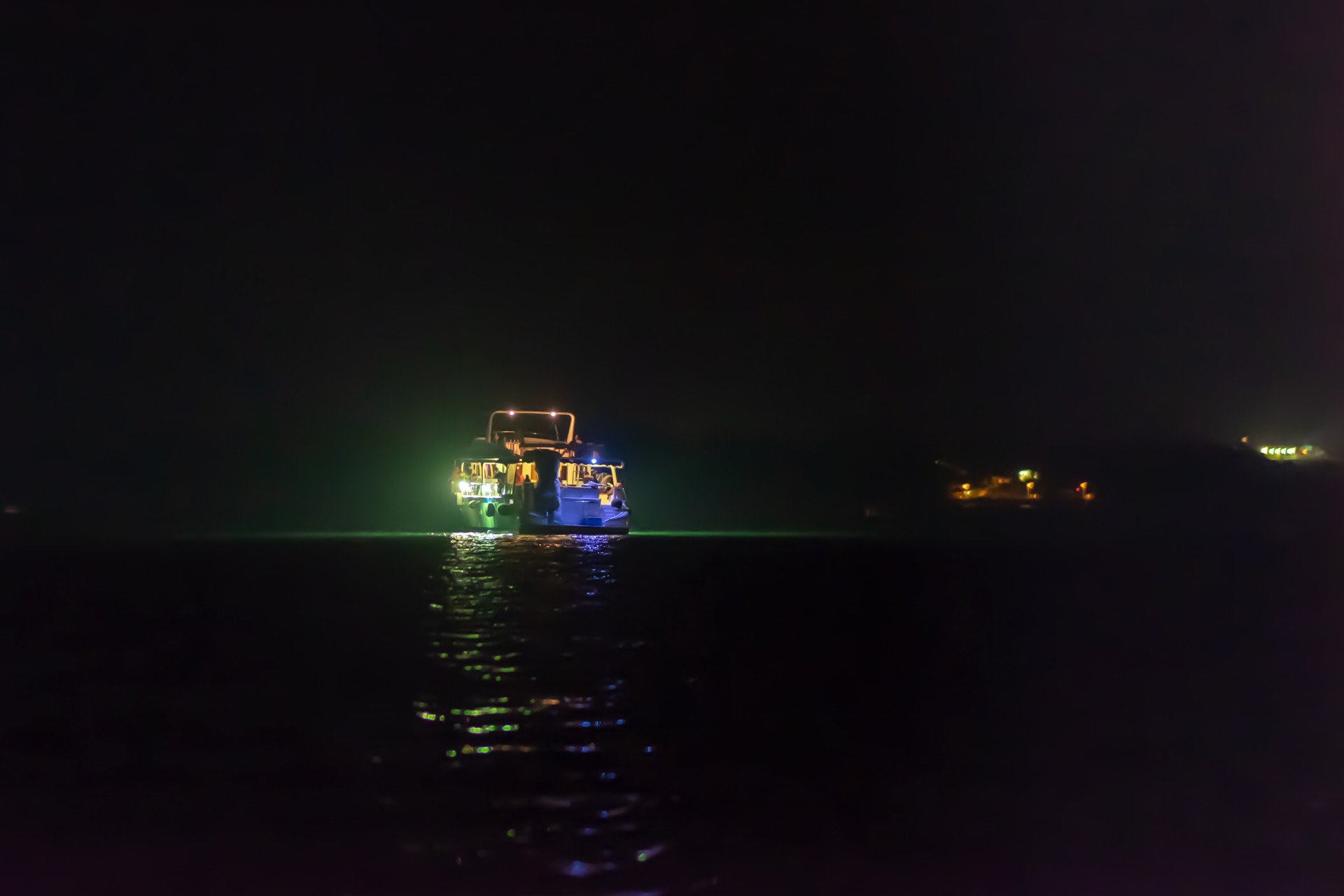
Blue Hole, the stretch of Atlantic that has been disputed for forty years
The stretch of sea ofSouth Atlantic Ocean known as the Blue Hole is located north of the Falkland Islands, or Malvinas: as can easily be understood, this very precious area is located within the area still disputed today between Great Britain and Argentina.
Just off the coast of the British Isles, about 320 kilometers from the Argentine coast, the Blue Hole is one of the few areas in the world not covered by any fishing regulations or treaties, precisely because of the protests that have been going on since 1982.
This means potentially any vessel can fish in the Blue Hole without accounting for anything, since in the absence of a Global Oceans Treaty only coastal states can apply effective regulations.
And it didn't take too long before someone noticed the opportunity to plunder "at zero cost" a habitat rich in very profitable species on the fish stalls. The shallow waters of the Blue Hole, in fact, host a large quantity of squid and calamari, which risk disappearing.
According to data from routine monitoring carried out by the Government of Falkland Islandsat the end of January more than 400 boats they were fishing in the Blue Hole. At the end of November, there were only 80. According to the local administration, many boats are impossible to monitor because they have got into the habit of turning off the tracker, which makes it impossible to identify them.
“Check your fish!”: sustainable fishing seen by consumers
Overfishing, in the Atlantic there is a risk of the collapse of entire fish stocks
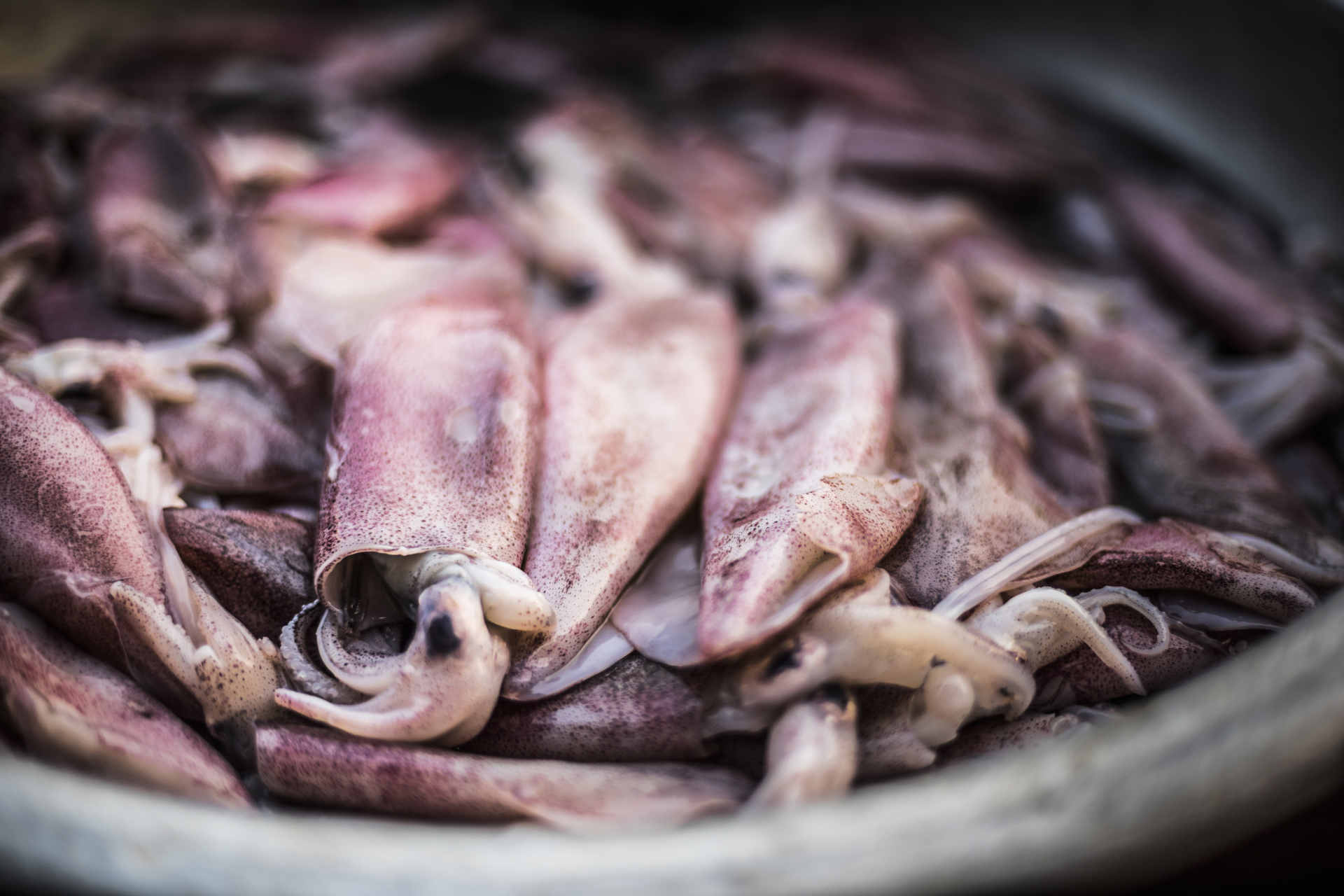
Unregulated fishing already has disastrous consequences
The Blue Hole is now one free zone for unregulated fishing"This uncontained and unregulated fishing activity is disastrous", he has declared Teslyn Barkman, member of the Falklands Legislative Assembly, at the Guardian. “It is unmarked, unrestricted but legal due to the lack of regional agreement on how to manage the area".
The lack of data sharing between the islands and the mainland also makes it difficult adequate monitoring of fishing, Barkman said. The result is that approx half of the squid consumed in Southern Europe, according to estimates by the Government of the disputed islands, comes from the Blue Hole.
A problem that first and foremost concerns the fish species targeted and the economic and social fabric of the Falklands, for which fishing is fundamental: just think that the sale of fishing licenses alone represents approximately two thirds of the national economy.
Total catches are very high: according to data from Falkland Islands Fisheries Department, around a third of what is caught in the UK is caught in domestic waters. What is attractive about this small stretch of Atlantic is the peculiarity of the fishing: in normal conditions, states the FIFD, 75 percent of all catches consists of two species of squid (Doryteuthis Gahi and Illex Argentinus).
But they also pass through the waters of Southern Patagonia cod of various species, blue whiting and pink eels (Genypterus Blacodes), animals that live up to thirty years, but which can be safely fished as they are not present in the IUCN Red List.
The largest natural logo in the world grows in Paraguay
The ocean's ambassador whales at the UN: the Maori proposal
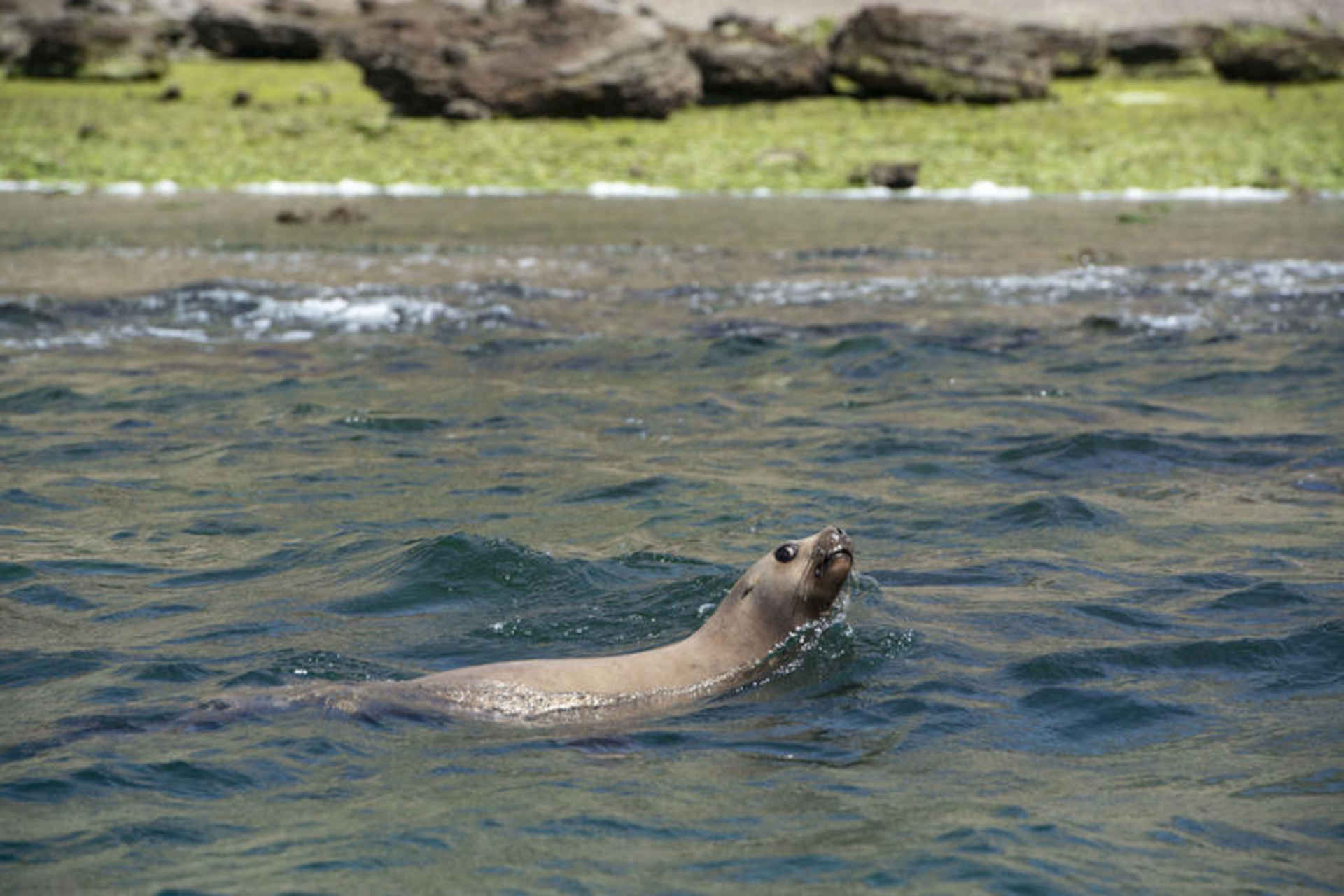
Unregulated fishing in the Blue Hole: not just squid
The problem of unregulated fishing, which is technically called IUU (Illegal, Unregulated and Unreported), does not only concern squid and squid. In 2003, the area's fishing industry decided to establish the LECTURED, acronym for Coalition of Legal Toothfish Operators, an NGO created to fight illegal fishing and guarantee long-term sustainability of fish resources and rich and critical biodiversity of the southern oceans.
The action of COLTO (which also includes CFL, one of the largest fishing industries in the Falklands and MSC certified), refers exclusively at Toothfish, or fish of the Dissostichus Eleginoides species, also known as oceanic sea bass and often sold under the definition of Chilean sea bass, Chilean sea bass or Patagonian snapper.
Twenty years ago, we read on the Association's website, the illegal catches of oceanic moor they were at least double the legal ones.
The organization recently declared that it is in favor of creation of an RFMO (Regional Fisheries Management Organization) capable of transcending national borders, but it seems that the project has not received political enthusiasm.
Inevitably, fishermen are the first to fear for the future of fish stocks in the area.
An example of a circular economy from waste crustacean shells
Protecting Antarctic waters and the future: Krill research
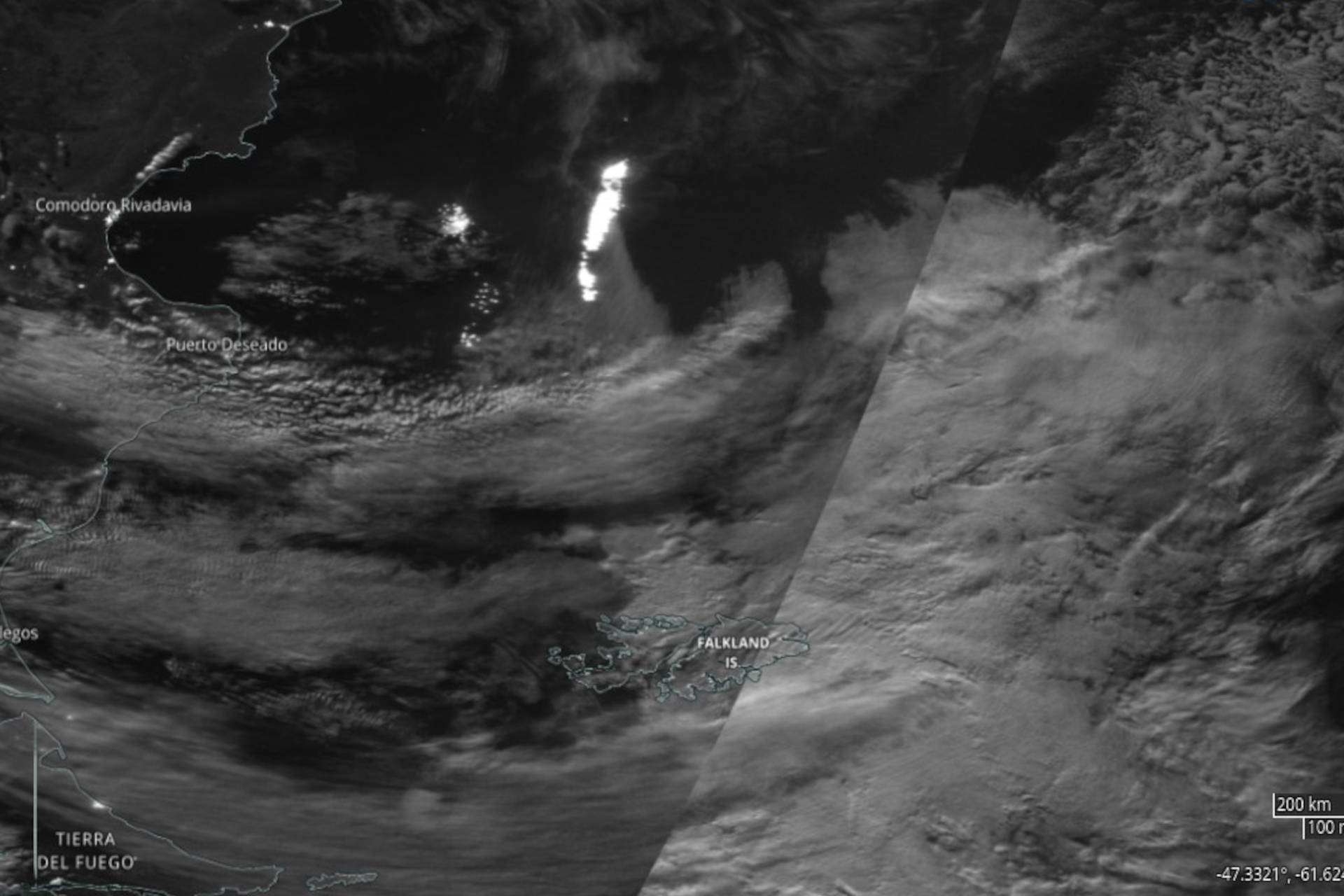
A crucial ecosystem that still awaits protection
There is also to be considered theecological aspect of the depredation of the Blue Hole: excessive fishing, in fact, not only threatens fish stocks, but endangers the existence of the entire ecosystem.
How do you explain Hernán Pérez Orsi, by Greenpeace Argentina, the Blue Hole is a “key point for biodiversity, not only in the region but throughout the world".
As stated in the Greenpeace Report “Blue Hole: A key ecosystem of the Argentine Sea under siege by international fishing fleets” of 2022, “from 2017 to today fishing effort has more than doubled, which implies terrible pressure not only on the targeted species, but also on the entire ecosystem, in particular on benthic species which are highly vulnerable and essential for sustainability of food chains Navy".
There is a bill in Argentina for the creation of aBenthic Marine Protected Area in the Blue Hole, what does he mean protect the seabed and the subsoil.
After an initial approval by the Chamber of Deputies, however, the proposal foundered under various pressures, which mainly leverage the fact that Argentina has no power to legislate on areas outside its jurisdiction. The last chance to discuss the project in the Senate is set for 2024.
The Agujero Azul, the most crucial ecological corridor of the Argentine seas and perhaps the entire Atlantic Ocean, is still at the mercy of poaching.
However, concrete hope for the protection of the Blue Hole lies in Global Oceans Treaty adopted by the UN in 2023. Ratification by 60 states is expected for its entry into force.
Climate change: Switzerland allied with Chile, Kenya and Tunisia
UN Ocean Treaty: Chile is the first country to sign
The commercial about precious time for the protection of the Blue Hole or Agujero Azul in the South Atlantic
The spot against climate change in the Blue Hole or Agujero Azul in the South Atlantic
The commercial for the Argentine senators on the Blue Hole or Agujero Azul in the South Atlantic
The spot against trawling in the Blue Hole or Agujero Azul in the South Atlantic
The spot protecting the Blue Hole or Agujero Azul as the Argentine sea in the South Atlantic
The spot protecting the Blue Hole or Agujero Azul in the South Atlantic Ocean in its entirety
The spot protecting the geographical vastness of the Blue Hole or Agujero Azul in the South Atlantic
The spot to protect marine biodiversity of the Blue Hole or Agujero Azul in the South Atlantic
The mural from the Palermo neighborhood of Buenos Aires on the Blue Hole or Agujero Azul in the South Atlantic
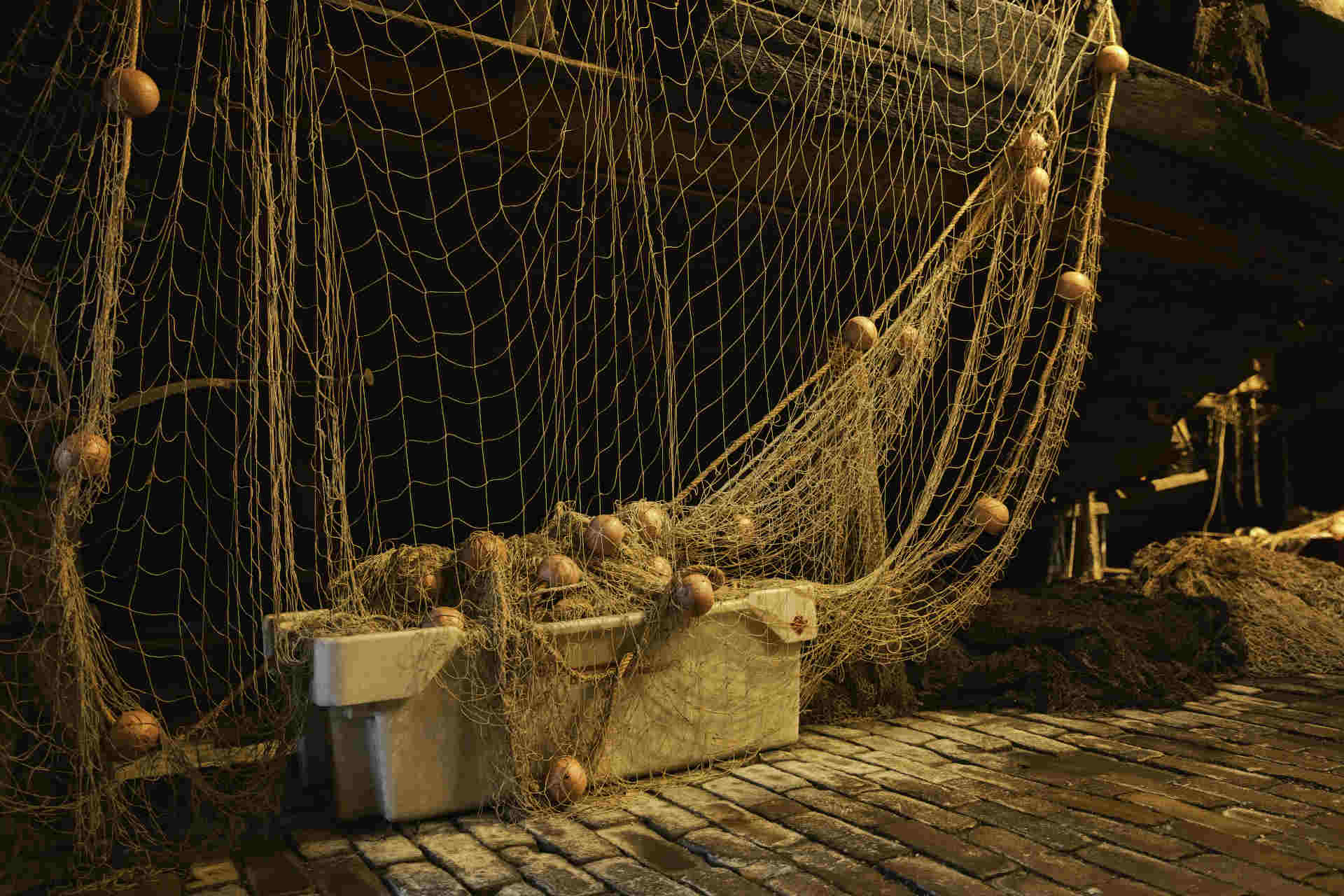
You may also be interested in:
In Alto Adige today EDIH NOI is the new point of reference for AI
4,6 million euros from the PNRR fund will be allocated to Bolzano for services to local companies in the digitalisation of intelligence…
by Editorial staff Innovando.NewsEditorial staff of Innovando.News
Austria, Germany and Switzerland for "more innovative" cargo railways
DACH Ministers Leonore Gewessler, Volker Wissing and Albert Rösti: the introduction of Digital Automatic Pairing is a key element
by Editorial staff Innovando.NewsEditorial staff of Innovando.News
Persuasion or manipulation? Genesis and historical impact of PR
This is how Public Relations, from the sophistic dialogue of ancient Greece to the current digital era, continues to offer continuous innovation
Young people and cryptocurrencies: how to find out more about Bitcoin…
Introducing kids to digital currencies and Blockchain can be an exciting endeavor, given their affinity for technology and innovation

